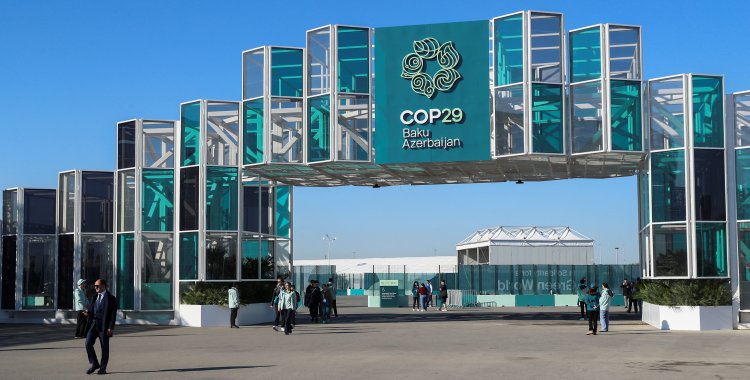“One of the great expectations is that we can actually have a financing mechanism that will help increase and overcome issues related to the vulnerability of African countries, which Angola is part of,” said the Secretary of State for Biodiversity and Conservation Areas of the Ministry of the Environment.
The hope is that this will allow Angola to receive “financing for issues related to drought, the southern part of the country and the continuity of the structural projects that have been initiated, since the country is already part of the energy transition component,” added Paula Coelho.
The minister said that Angolan representatives will participate in round tables on energy, financing, water and pollution issues.
Paula Coelho highlighted that climate change in Angola has left the population vulnerable, with the effects of drought, dry soils and the need to dredge rivers.
The Secretary of State stressed that the country has continued its waste collection and tree planting campaigns to mitigate the effects of climate change.
The 29th United Nations Climate Change Conference (COP29), which will take place between 11 and 22 November, is considered crucial to achieving commitments to reduce emissions by 2030 and to increasing climate finance.
The summit, which will bring together representatives from 197 countries and the European Union in Baku, the capital of Azerbaijan, is seen by several environmental organisations, including the Portuguese organisation Zero, as “a crucial moment for governments to commit to halving emissions by 2030, increasing climate finance and accelerating action ahead of COP30”, which is scheduled to take place in Brazil in 2025.
The agenda will include issues such as the New Quantified Collective Target (NCQG), after governments set a budget of US$100 billion per year at COP 21 in Paris in 2015. Last year, at COP28 in Dubai, a decision was made to begin negotiations this year in Baku to reach more ambitious budgets for mitigating the impacts of climate change.
The global assessment of progress since the Paris Agreement on emissions reductions, reached at COP21, will also be on the table. It is expected that Baku will adopt decisions that will ensure that the results of this first assessment are implemented and that all countries will present their plans.
In terms of adaptation, COP29 will also be an opportunity for countries and political and economic blocs to reach an agreement to operationalize their respective plans and the Global Adaptation Goal (GGA) by 2025.
Also on the agenda is the full operationalization of the Loss and Damage Response Fund (LDRF), which aims to support the least developed countries and to which Portugal has committed five million euros.
COP29 will be marked by the absence of the presidents of the United States and Brazil, as well as the president of the European Commission, Úrsula von der Leyen, among the leaders of several countries that traditionally participate in the negotiations.







